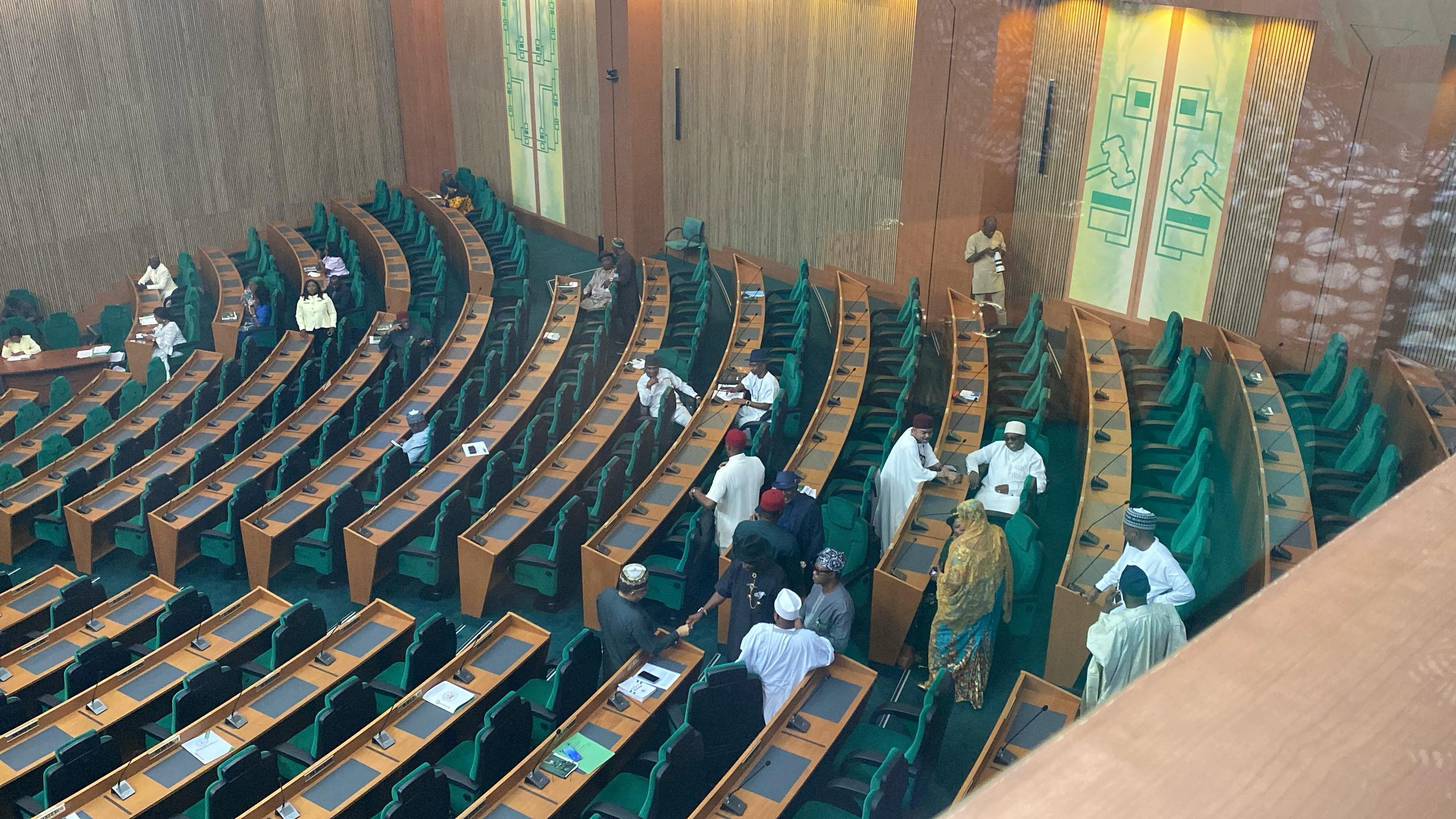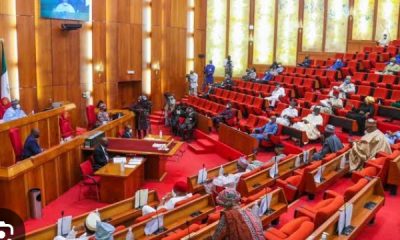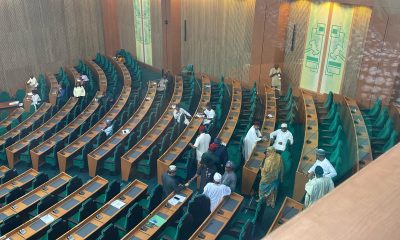News
Google To Delete Incognito Search Data To End Privacy Suit

Google has agreed to delete a vast trove of search data to settle a suit that it tracked millions of US users who thought they were browsing the internet privately.
If a proposed settlement filed Monday in San Francisco federal court is approved by a judge, Google must “delete and/or remediate billions of data records” linked to people using the Chrome browser’s incognito mode, according to court documents.
“This settlement is an historic step in requiring dominant technology companies to be honest in their representations to users about how the companies collect and employ user data, and to delete and remediate data collected,” lawyer David Boies said in the filing.
A hearing is slated for July 30 before Judge Yvonne Gonzalez Rogers, who is to decide whether to approve the deal that would let Google avoid a trial in the class-action suit.
The settlement calls for no cash damages to be paid but leaves an option for Chrome users who feel they were wronged to sue Google separately to get money.
The suit originally filed in June of 2020 sought at least $5 billion in damages.
“We are pleased to settle this lawsuit, which we always believed was meritless,” Google spokesman Jorge Castaneda said in a statement.
“We are happy to delete old technical data that was never associated with an individual and was never used for any form of personalization.”
The object of the lawsuit was the “Incognito Mode” in the Chrome browser that plaintiffs said gave users a false sense that what they were surfing online was not being tracked by the Silicon Valley tech firm.
But internal Google emails brought forward in the lawsuit demonstrated that users using incognito mode were being followed by the search and advertising behemoth for measuring web traffic and selling ads.
The lawsuit, filed in a California court, claimed Google’s practices had infringed on users’ privacy by intentionally deceiving them with the incognito option.
The original complaint alleged that Google had been given the “power to learn intimate details about individuals’ lives, interests, and internet usage.”
“Google has made itself an unaccountable trove of information so detailed and expansive that George Orwell could never have dreamed it,” it added.
The settlement requires Google, for the next five years, to block third-party tracking “cookies” by default in Incognito Mode.
Third-party cookies are small files which are used to target advertising by tracking web navigation and are placed by visited sites and not by the browser itself.
No cookies?
Google earlier this year began limiting third-party cookies for some users of its Chrome browser, a first step towards eventually abandoning the files that have raised privacy concerns.
Google announced in January 2020 that it would begin eliminating third-party cookies within two years, but the start has been delayed several times amid opposition from web media publishers.
Cookies have recently been subject to greater regulation, including the European Union’s General Data Protection Regulation introduced in 2016 as well as regulations in California.
News
BREAKING! Sole Administrators to manage Rivers LGs

Sole administrators to be appointed by the state administrator to head each local government area in Rivers state.
Details loading….
News
BREAKING: 2 Female House Members Clash Over State of Emergency in Rivers State

News
Reps to Debate President Tinubu’s State of Emergency Declaration in Rivers At Wednesday Plenary

-

 Opinion10 hours ago
Opinion10 hours agoEmergency Rule: How so called leaders led Fubara into a bottomless pit
-

 News23 hours ago
News23 hours agoJust in: Senate moves to make Facebook, others have offices in Nigeria
-

 News19 hours ago
News19 hours agoREAD full text of President Tinubu’s broadcast declaring State of Emergency in Rivers
-

 News10 hours ago
News10 hours agoFLASHBACK: How ex-Gov Fayose in his prophecy advised Fubara to behave in 2023 (Video)
-

 News10 hours ago
News10 hours agoFubara ‘vanishes’ as military moves trucks into Rivers govt house
-

 News3 hours ago
News3 hours agoBREAKING: 2 Female House Members Clash Over State of Emergency in Rivers State
-

 News19 hours ago
News19 hours agoBREAKING! Tinubu declares State of Emergency in Rivers
-

 News9 hours ago
News9 hours agoHow Vice Admiral Ibokette Ibas emerged as new Administrator of Rivers





